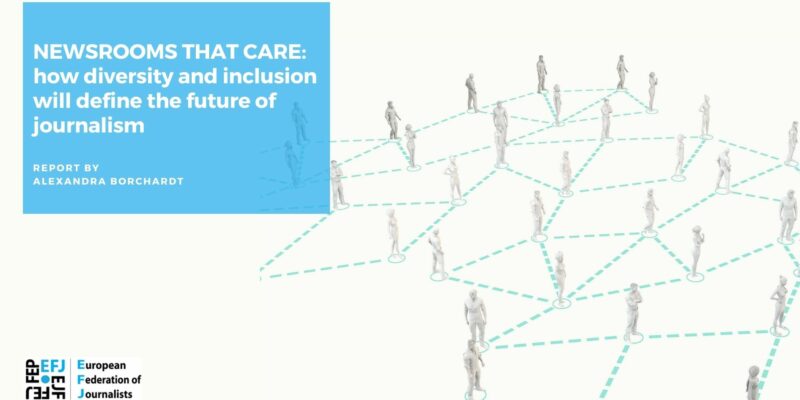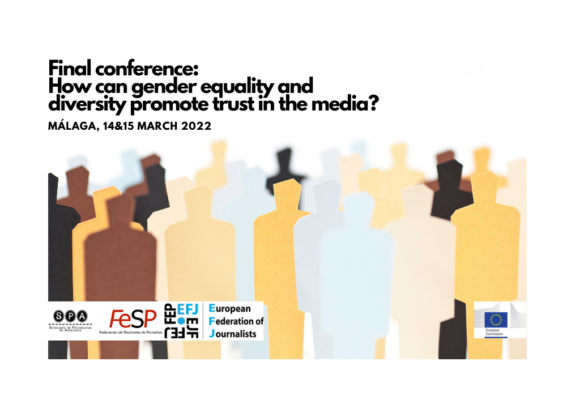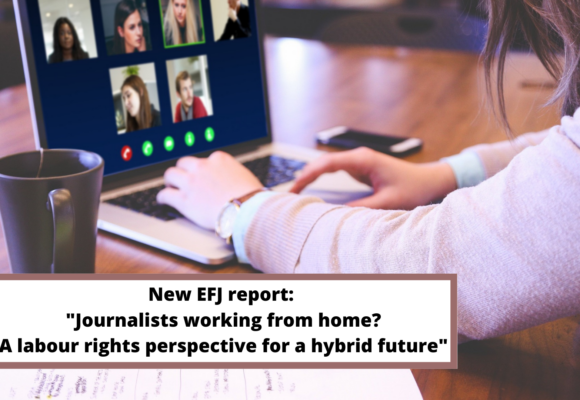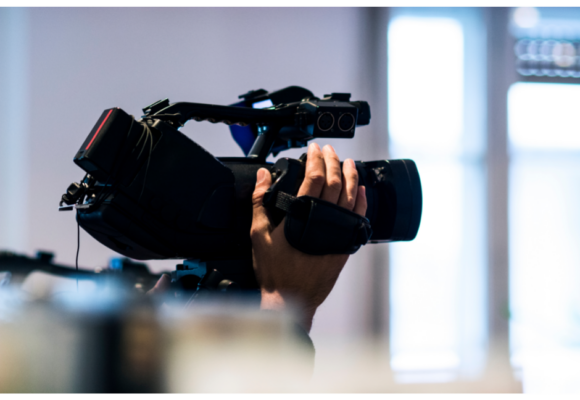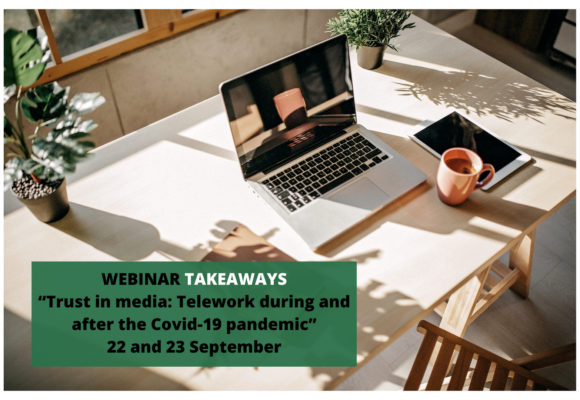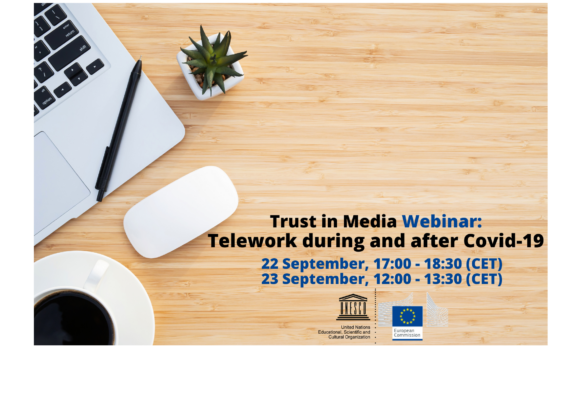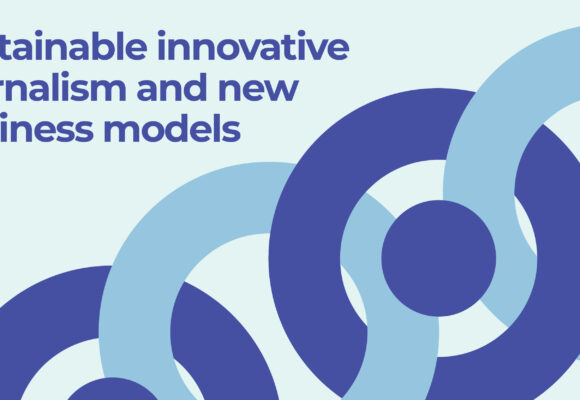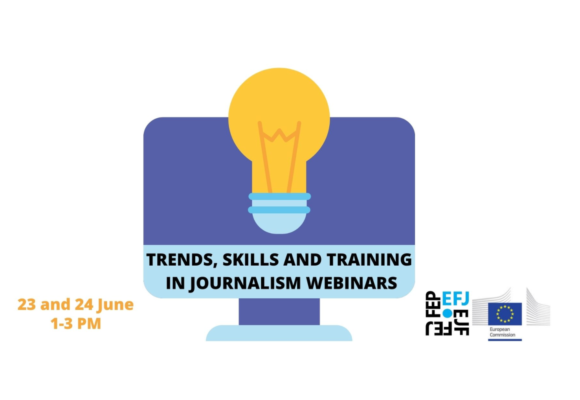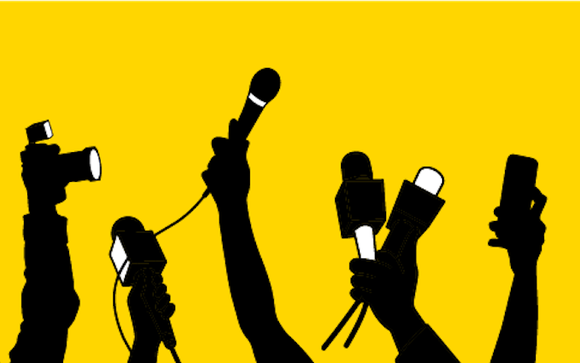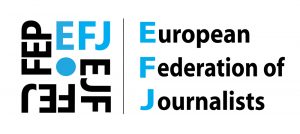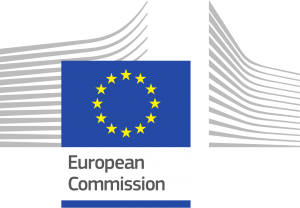New report calls for more diversity in talents in journalism
Download the report The future of journalism depends on the diversity of talents in the industry, says a new report published by the European Federation of Journalists (EFJ) entitled “Newsrooms that care: how diversity and inclusion will define the future of journalism”. Diversity_reportAuthored by Alexandra Borchardt, a former journalist and senior research associate at the Reuters Institute, the 10-page paper presents some good practice examples and recommendations for achieving greater diversity and equality in newsrooms in the light of the ongoing digital transformation. “Media organisations and managers should be aware of the fact that making newsrooms more diverse and inclusive…

